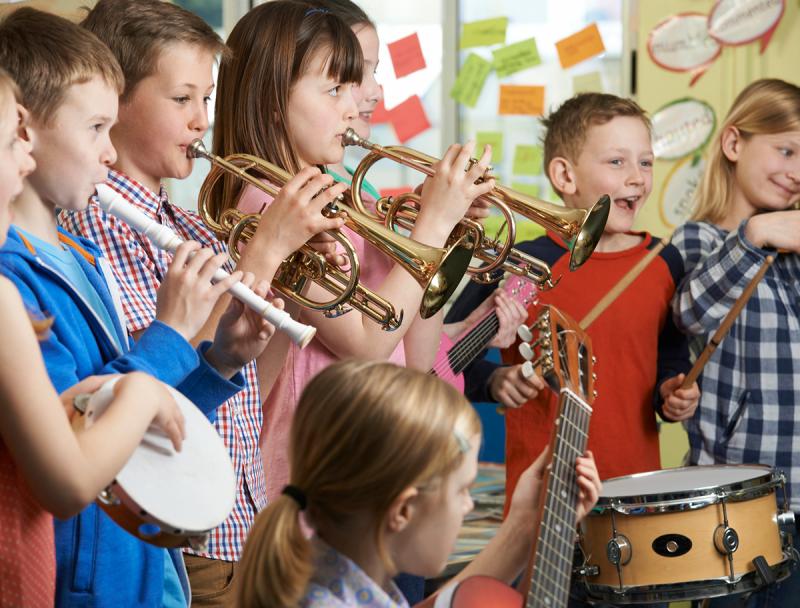
All studies at The European Academy of Arts fall into several categories below.
Little Mozart’s Baby Steps

This program was specially created for our youngest students and their families. Family Music/Sing & Move, Little Mozart’s Workshop and Suzuki Method group classes are a wonderful opportunity for toddlers to acquire solid foundation for their future music studies. Parents have a chance to participate and learn together with their children in a friendly, joyous and welcoming atmosphere, guided by our expert teachers. Learn more.
Individual Lessons

The European Academy of the Arts offers individual piano, jazz piano, violin, viola, cello, bass, flute, clarinet, oboe, saxophone, trumpet, tuba, percussion, guitar, harpejji and voice lessons. Usually lessons run at thirty, forty-five and sixty minutes, once per week. Additional lessons may be scheduled with the EAA office. We recommend Aspiring Artist program students to consider taking two sixty-minute weekly lessons of their principal instrument or voice to meet the rigorous performance practice, technical testing and repertory requirements. Learn more.
Elective Group Lessons

In addition to the usual individual lessons of the principal instrument or voice, The European Academy of the Arts’ students are encouraged to complete at least one elective group course of musical theory, chamber music or traditional ethnic instruments.
The following theory courses are offered at EAA: Keyboard Skills I& II; Ear Training I, II & III; Music History and Literature (Early Music through Baroque); Music History and Literature (Classical through Contemporary); 20th century music; History of Popular Music; Introduction to music software and electronic music; Sound engineering; Music software I & II, Elementary Music Theory and Advanced Music Theory.
Please note that the Aspiring Artist Program students must take at least one of the theory courses per semester in order to advance. Learn more.
Chamber Music

Chamber music course requires two or more EAA students form a group (up to a quintet), which will be coached by our expert faculty throughout the semester. Piano duos, trios, quartets and quintets, as well as string quartets are most popular, but there is beautiful repertory for unconventional duos (guitar – violin), or groups (clarinet quintet, horn trio). Chamber music students train their ability to read and follow complex musical scores, listen for balance of volume between their playing and that of their colleagues, develop strong sense of rhythm and teamwork in music-making, learn to analyze and interpret the score. EAA choir and orchestra are also available for select students, whose schedule permits the attendance of mandatory rehearsals and performances. Learn more.
Masterclasses

These public events (EAA Auditors and participants permitted) are reserved for Aspiring Artist program students only. Guest faculty from all over the nation, performing artists and master teachers will share their knowledge of the repertory and secrets of polished, masterful interpretation on stage with EAA’s best performers. Each masterclass may accommodate only a very limited number of participants, which must submit their application online in advance.
EAA reserves the right to evaluate and select the participants for every masterclass. Those EAA students, who have immediately upcoming competitions, auditions and performances, are given priority over the others. EAA office shall ensure that numerous masterclass opportunities are offered each school year. Learn more.
Jazz Studies

